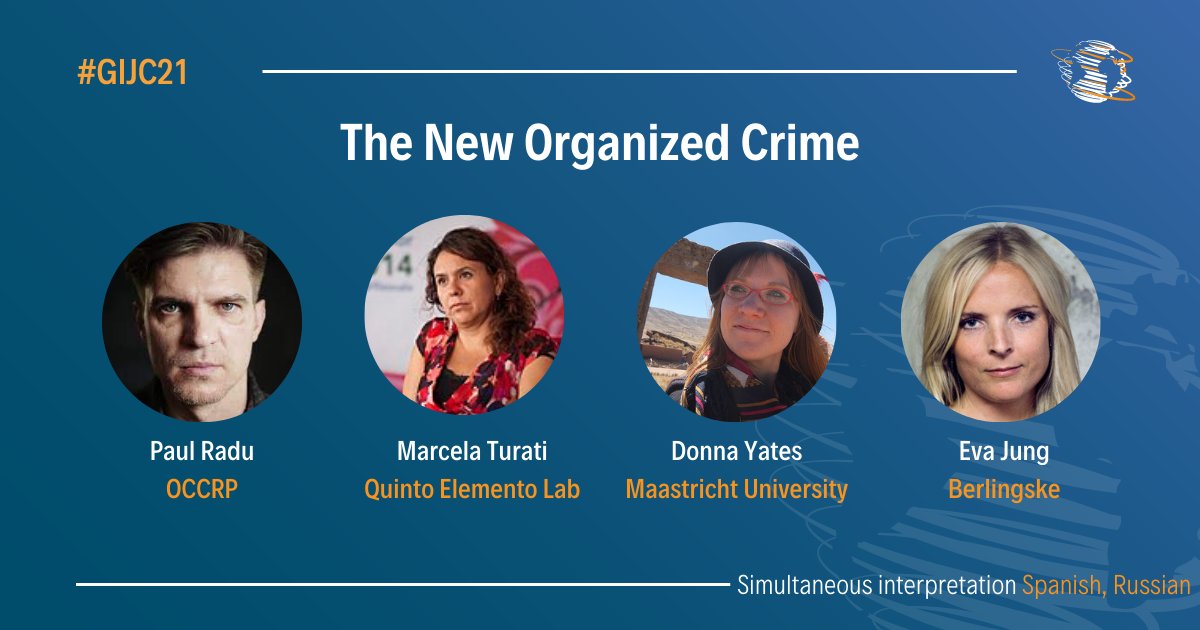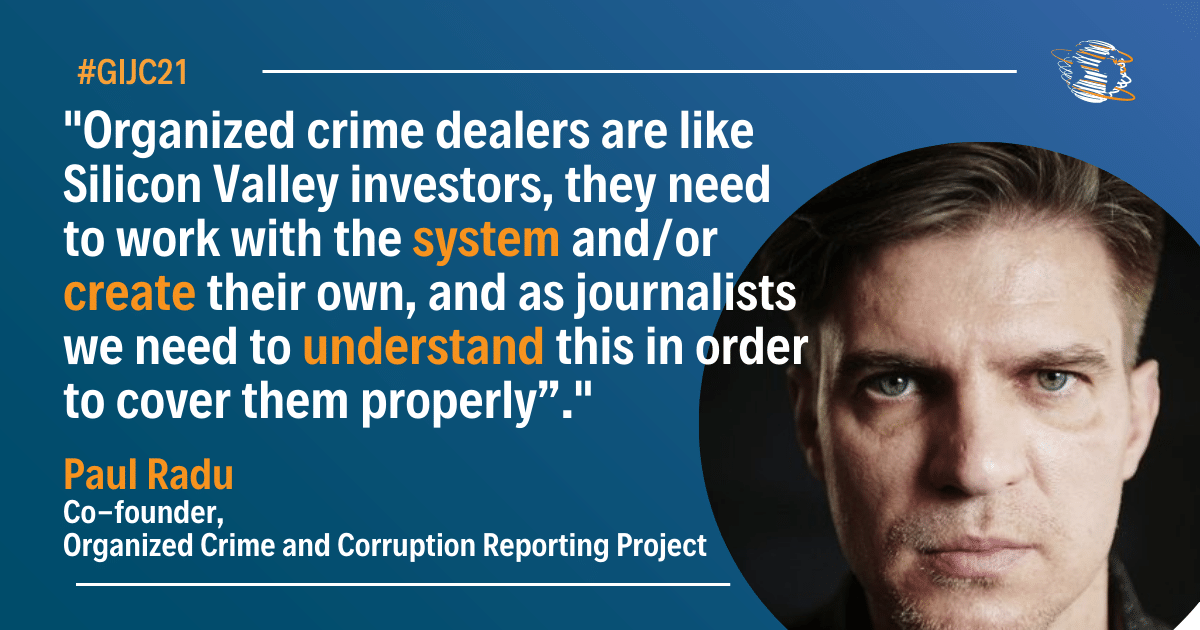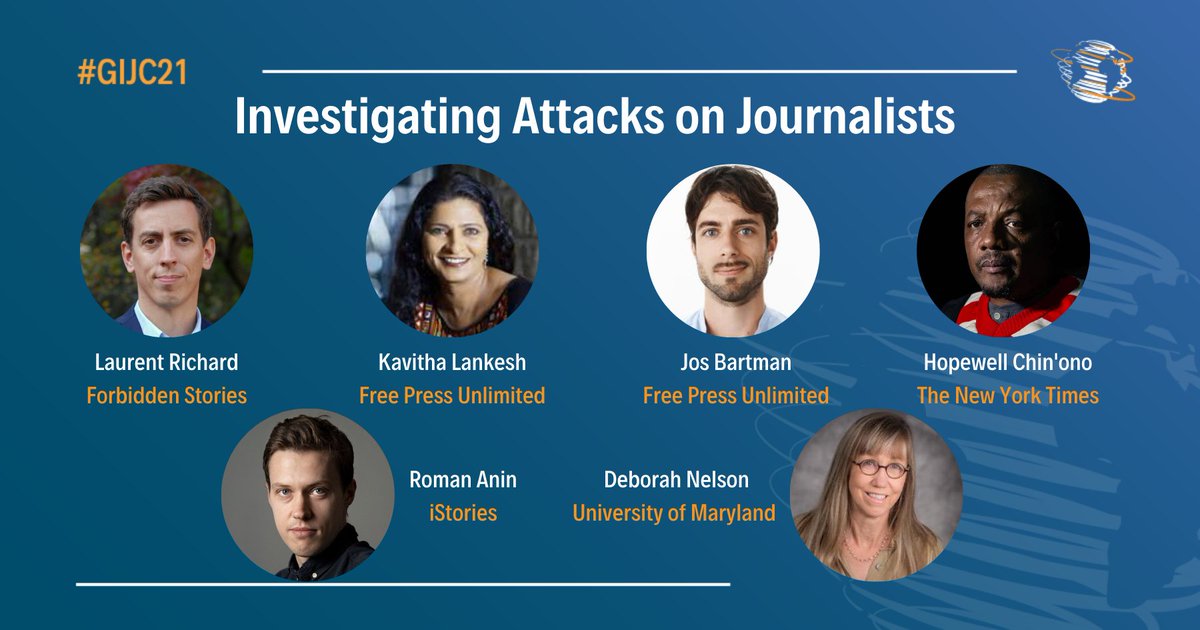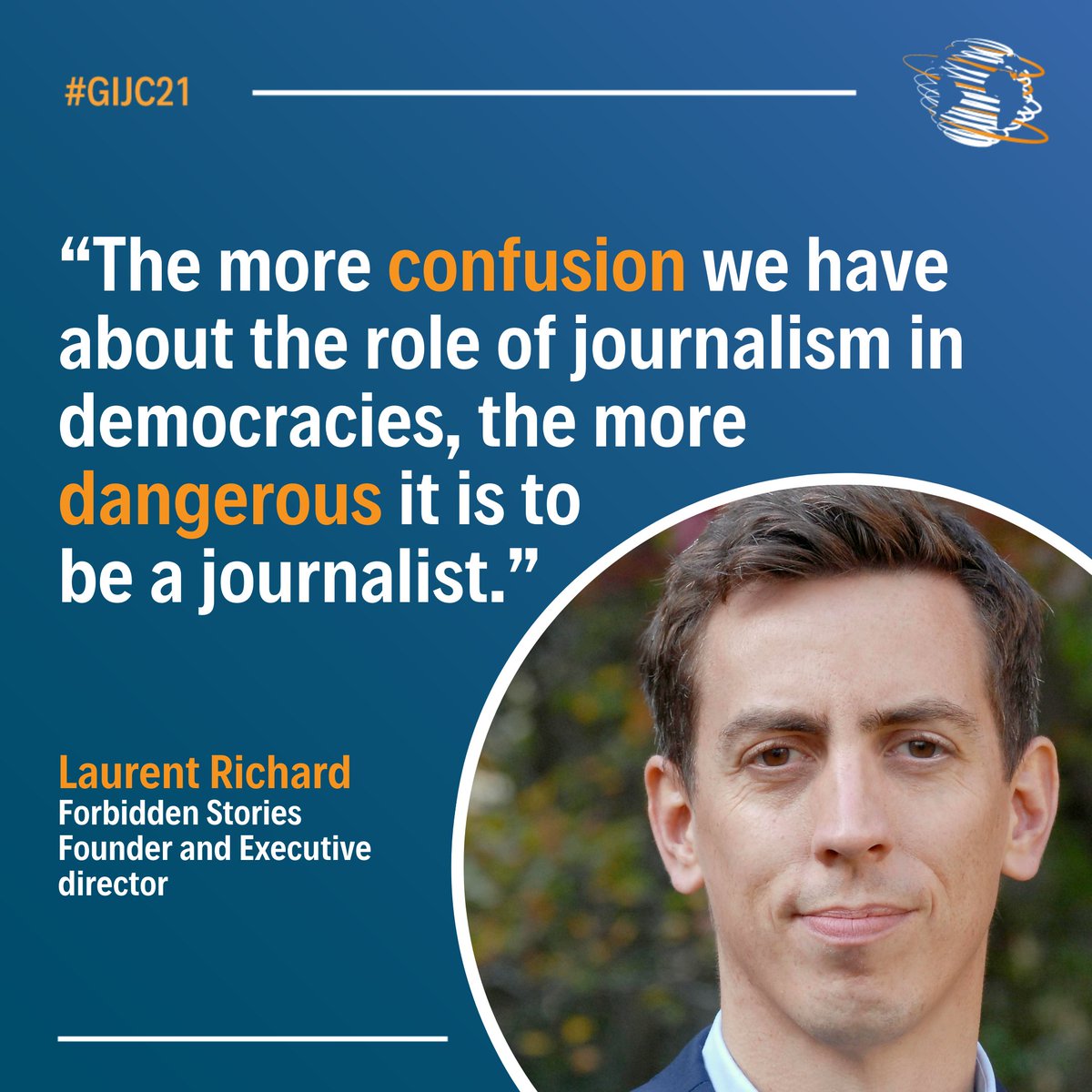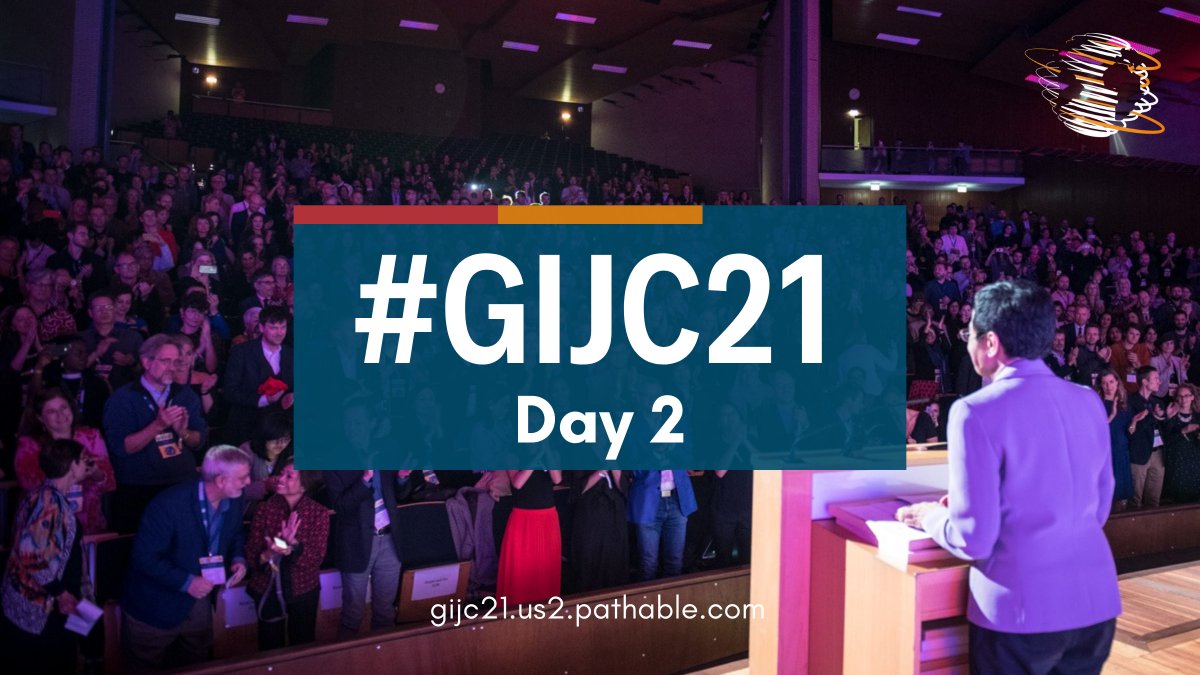NEW 🧵! This week's Top 10 in Data Journalism, curated by GIJN, looks at human encroachment on bat habitats to predict the location of the next pandemic, China's electric battery dominance, and mapping out Brazil's healthcare "holes." #ddj buff.ly/4225y00 

1. In this five-part series from @ReutersGraphics, reporters looked at the worldwide phenomenon of human encroachment on bat habitats to make predictions about where the next global pandemic may come from.
buff.ly/3ocTo6z
buff.ly/3ocTo6z
@ReutersGraphics 2. The @nytimes data team asked the question: Can the world to make an electric car battery without China? Thanks to the country's dominance over the necessary raw materials, lower labor costs, and loose regulation, the Times concluded, the answer was no.
buff.ly/45AxUBE.
buff.ly/45AxUBE.
@ReutersGraphics @nytimes 3. The global fishing industry supports more than half a billion people worldwide. The @ftdata team looked into the stress being put on global fisheries and policy solutions for better sustainability.
buff.ly/45Avnaz
buff.ly/45Avnaz
@ReutersGraphics @nytimes @ftdata 4. In Brazil, at least one out of every eight people live in municipalities with little or no medical infrastructure. In this piece, the Brazilian news portal @g1 mapped out these “holes” in medical care in the country’s public health system.
buff.ly/3MTXJFf
buff.ly/3MTXJFf
@ReutersGraphics @nytimes @ftdata @g1 5. Data visualization designer @mohamad_waked looked into migration intention versus reality. In an interactive piece on Afghan migrants, he found US, Germany, Canada, and Australia topped their online searches, but most ended up in Iran or Pakistan.
buff.ly/3OHmTIK
buff.ly/3OHmTIK
@ReutersGraphics @nytimes @ftdata @g1 @mohamad_waked 6. Italy's @ilpost mapped out how much of the country is exposed to hydrogeological risk linked to landslides and floods. It found flooding risk has increased in recent decades due to the expansion of urban centers and industrial areas.
buff.ly/433GiHY
buff.ly/433GiHY
@ReutersGraphics @nytimes @ftdata @g1 @mohamad_waked @ilpost 7. In Spain, @civio created a robot to repeatedly call a government helpline to track its lack of response. Only after 18 days—151 calls in total—did someone finally pick up. After the report came out, officials said they would hire 195 more people.
buff.ly/3MZVctp
buff.ly/3MZVctp
@ReutersGraphics @nytimes @ftdata @g1 @mohamad_waked @ilpost @civio 8. Greek data outlet @iMEdDLab used “a collaboration between humans and artificial intelligence” to analyze the content and tenor of the pre-election campaign speeches of Greece’s six main political leaders.
buff.ly/3MjTxwY
buff.ly/3MjTxwY
@ReutersGraphics @nytimes @ftdata @g1 @mohamad_waked @ilpost @civio @iMEdDLab 9. Reporters from the exiled Russian-language TV channel @CurrentTimeTv and the Hungarian service @RFERL analyzed more than 15,000 pro-government media publications to learn what narratives both countries are using to discuss the invasion of Ukraine.
buff.ly/43xgrrT
buff.ly/43xgrrT
@ReutersGraphics @nytimes @ftdata @g1 @mohamad_waked @ilpost @civio @iMEdDLab @CurrentTimeTv @RFERL 10. Australian TV network @abcnews built a tool so the public can see how many leaks have included their personal data. The database uses as its main resource the website @haveibeenpwned, a service that tracks stolen data across the internet.
buff.ly/3Myrjjr
buff.ly/3Myrjjr
• • •
Missing some Tweet in this thread? You can try to
force a refresh

 Read on Twitter
Read on Twitter






